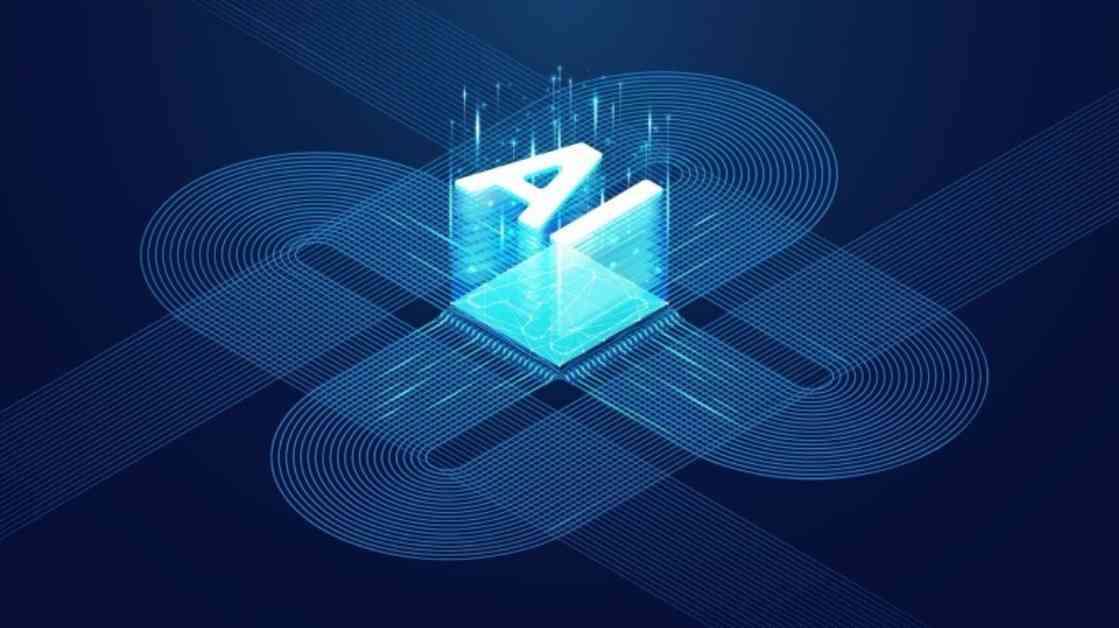The landscape of eLearning is undergoing a significant transformation as Artificial Intelligence (AI) continues to shape the future of education. The integration of AI into educational systems has revolutionized how learning is delivered, consumed, and optimized. This evolution is particularly evident in the realm of adaptive eLearning, where AI is learning from students to create highly personalized educational experiences. This article explores the impact of AI-driven adaptive learning on student-led education and the implications for global leaders in the education sector.
AI-Driven Adaptive Learning: Enhancing Student-Led Education
In the world of eLearning, traditional educational models often follow a one-size-fits-all approach, where course content is static and lacks personalization. However, the advent of AI-powered adaptive learning is changing this paradigm by tailoring educational experiences to individual students’ needs, preferences, and learning styles. As AI begins to learn from students, it gains insights into their unique learning patterns, enabling it to adapt content delivery in real time.
Imagine a scenario where a student is struggling with a particular concept. In a traditional setting, this might lead to frustration and disengagement. However, with AI-driven adaptive learning, the system can recognize the struggle and adjust the content delivery accordingly. It may provide additional resources, offer alternative explanations, or modify practice materials to create a customized learning path that aligns with the student’s needs. This personalized approach not only enhances engagement but also improves learning outcomes by addressing individual learning challenges.
The synergy between AI and human intelligence in eLearning is where the true power of adaptive learning lies. AI complements the cognitive processes of students, providing intuitive and responsive support that enhances the overall educational experience. By analyzing data from various touchpoints, such as quiz results, content interactions, and nonverbal cues in video-based learning, AI can identify patterns and trends that inform content adjustments to meet students’ learning preferences.
Adaptive Learning Mechanics: How AI Learns From Students
The mechanics of adaptive learning powered by AI operate through a continuous feedback loop that refines the learning process. Here’s a breakdown of how this process typically unfolds:
Data Collection: AI collects data from various interactions, including quiz results, time spent on tasks, and content interactions.
Pattern Recognition: The AI system analyzes the collected data to identify patterns and trends in students’ learning behaviors.
Content Adjustment: Based on the analysis, the system adapts content delivery by offering alternative explanations, additional practice, or more advanced materials.
Continuous Improvement: As students progress, AI continues to refine its understanding of their learning preferences, enhancing the personalization of the educational experience.
By continuously learning from students and adjusting content delivery in real time, AI creates a truly individualized learning environment. This level of customization is expected to become the norm in eLearning platforms by 2025, making education more accessible and effective for learners worldwide.
Implications for Global Education Leaders: Embracing AI-Driven Adaptive Learning
The growing preference for AI-driven solutions among global education leaders is driven by the transformative impact of adaptive learning on student-led education. As organizations prioritize upskilling and reskilling their workforce, the demand for effective eLearning platforms that leverage AI is on the rise. AI offers a competitive edge by enabling scalable, personalized learning experiences that align with the strategic goals of educational institutions.
Global education leaders stand to benefit from AI-driven adaptive learning in various ways:
Scalability: AI-driven eLearning platforms can cater to diverse learners simultaneously, offering personalized learning experiences at scale.
Data-driven insights: AI provides actionable insights into student learning behaviors, helping educators identify areas of improvement and measure the effectiveness of educational programs.
Future-proofing education: AI-enabled eLearning allows educational institutions to adapt to evolving learning requirements, ensuring that students are equipped with the skills needed to succeed in a rapidly changing world.
Enhanced engagement and retention: The personalized nature of AI-driven eLearning keeps students engaged and improves knowledge retention, leading to a more productive and skilled workforce.
As we approach 2025, the preference for AI in eLearning will continue to grow, driven by its ability to deliver tangible results at scale. Global education leaders must embrace AI-driven adaptive learning not only as a strategic choice but as an imperative to meet the evolving needs of students and create impactful educational experiences.
The Future of eLearning: A Glimpse into 2025 and Beyond
Looking ahead to 2025, the future of eLearning will be characterized by a seamless integration of AI, creating adaptive, immersive, and deeply personalized learning environments. Several key trends will shape the landscape of eLearning in the coming years:
AI-Driven Content Creation: AI will curate and create content tailored to individual learning needs, offering quizzes, simulations, and interactive stories that evolve based on student choices.
Immersive Learning Experiences: Virtual Reality (VR) and Augmented Reality (AR) technologies, combined with AI, will provide learners with immersive experiences that simulate real-world scenarios.
Collaborative AI: AI systems will facilitate collaborative learning by connecting students with peers who share similar learning objectives, fostering a sense of community and shared progress.
Ethical AI in Education: As AI continues to learn from students, ethical considerations around data privacy and transparency will become more prominent, leading to stricter regulations governing the use of AI in education.
In conclusion, the future of adaptive eLearning is not about AI replacing human educators or intelligence but about creating a partnership that enhances human potential. AI-driven adaptive learning enables students to learn more effectively and efficiently by bridging the gap between individual learning needs and traditional educational models. By embracing AI in eLearning, global education leaders can equip their workforce with the skills needed to thrive in a rapidly changing world, paving the way for a more personalized, accessible, and impactful educational experience for learners worldwide. The convergence of AI, human intelligence, and eLearning marks the beginning of a new era in education, where learning is truly adaptive, personalized, and tailored to the needs of every student.




















